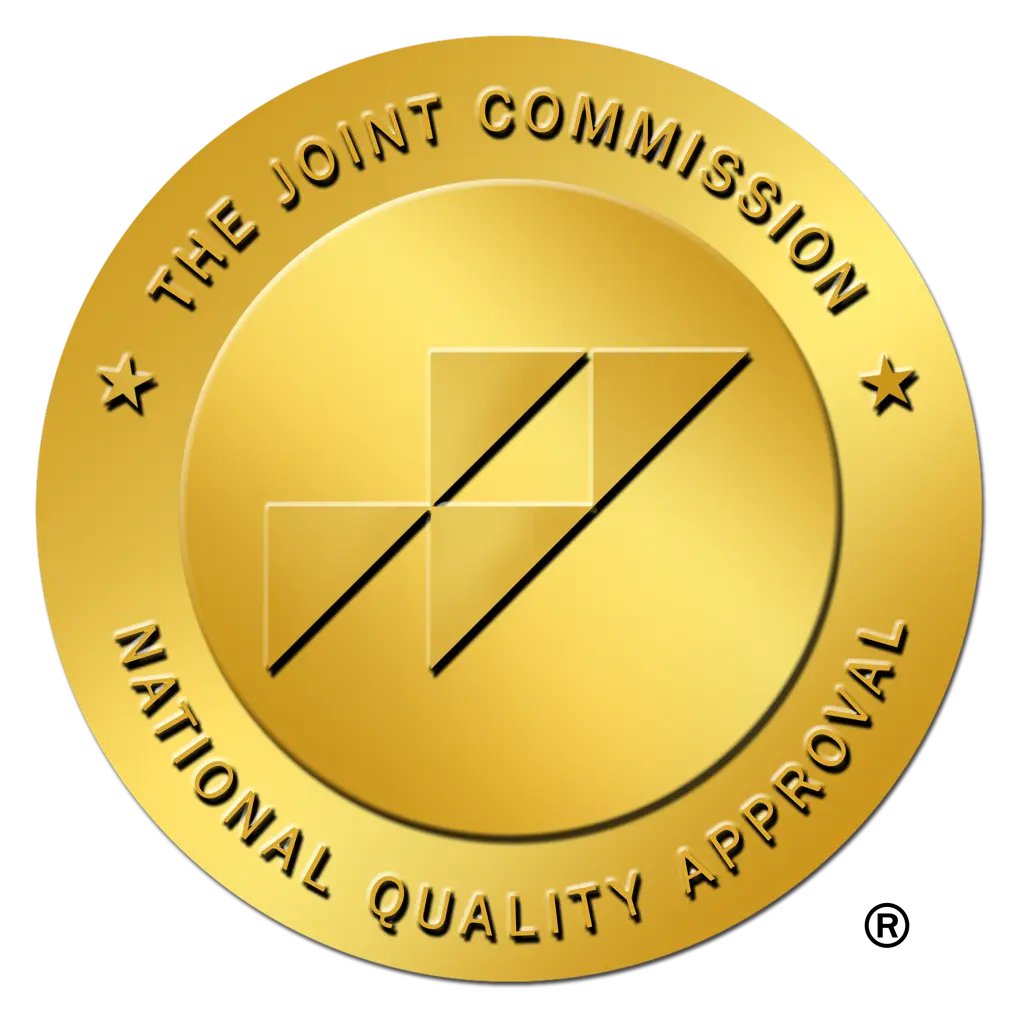The Importance of Mental Health Treatment
Managing mental health symptoms can be overwhelming, but you’re not alone in your journey. Seeking support is a positive and important first step that has helped many people build a stable foundation for the life they want and deserve. Learning about the most effective options for treating and maintaining your health empowers you to make decisions that reflect your needs and goals. First, let’s explore 7 types of mental health treatment. Crisis stabilization, medication management, whole-person wellness, recovery and safety planning, support services, family and community support, and nutrition and recreation services are treatments that each make a significant difference in recovery.
Many people struggle with mental health issues and fortunately, there are evidence-based treatments to help you manage your symptoms and create a more hopeful future. Those who follow through with care have more positive outcomes in every area of life, including mental stability and physical health. They also tend to have more satisfying connections with their friends, family members, partners, and community.
An Overview of Mental Health Treatments
These 7 types of mental health treatment address your various needs, depending on your symptoms’ intensity, nature, and frequency.
1. Crisis Stabilization
When you are experiencing a mental health crisis, you deserve support in stabilizing your symptoms and circumstances. A caring professional and team will quickly assess your mental and physical needs, offer options for treatment and support, share relevant resources, and assist in decision-making about your next steps.
2. Medication Management
Brain chemistry or a triggering event can sometimes alter how we feel and act. Finding an effective medication to treat your symptoms may be a vital part of your treatment for initial or ongoing stabilization. Some mental health conditions and symptoms don’t stabilize without continuous medication. Others are temporary, and your need for medication decreases as you build support and other coping methods.
Experimenting with what medications work best for you can take time, as they uniquely affect individuals. Building a foundation of people and other treatments supporting you through this time is vital to your health.

3. Whole-Person Wellness
Mental health impacts and is impacted by every other part of your well-being. Those involved in your care will reflect on how your physical health, living environment, work, relationships, family, community, and activities exacerbate or improve your symptoms. They will help you make a plan to strengthen resources in areas of your life that are most likely to increase your well-being.
4. Recovery and Safety Planning
A relapse or crisis often occurs after you change a routine or ignore a warning sign that was an important clue about your health. Your emotions and behaviors are like indicator lights that tell you when you need extra care, and paying better attention to them makes a great difference. Thinking ahead about what you can do daily to recover and maintain your health is the first step in building a healthy, stable life. Knowing what people and services are available to support you immediately can help you find safety quickly, prevent a relapse or crisis from worsening, and help you organize a plan for the immediate future.
5. Support Services
Support services may include a 24/7 hotline, ongoing psychotherapy, peer support, recovery support groups, medication management, and/or case management. Each plays a distinct role in supporting you, and the benefits are especially powerful when a professional team coordinates them. Wrapping support through each part of your life is the most effective way to create a stable foundation for your mental health.
6. Family and Community Support
Belonging and connection are vital for all human beings, so your family and community can be powerful agents of change and support if they are willing and able. Finding others with similar experiences and goals is also effective if your family can’t support you during this time. Being part of a group of people who understand your challenges and strengths helps you to be realistic about your needs. They can help you create and follow through with daily and weekly steps that align with your goals.
Strengthening your communication skills and ability to trust can also benefit your relationships with your friends and family members. Knowing exactly how you’re doing and what you need enables them to support you meaningfully. They can help you recognize and address symptoms more quickly as they arise, lessening the likelihood of crises.
7. Nutrition and Recreation Services
Since our physical and mental health are connected, nurturing your body and mind will help you be healthier throughout your life. When you eat nutritious food, and enjoy an activity or exercise, your body releases chemicals that help your mind feel more content and calm. Research shows that even taking just a few minutes each day to do something that boosts your mood and energy can make a difference throughout your day and across your lifetime.
The Role of Mental Health Treatment in Recovery
Getting help via the seven types of mental health treatment has been a turning point for many in creating a healthy, stable life in recovery and anticipating a fulfilling future. One common question that arises is, can mental health issues be prevented? Having support in recognizing and changing your thoughts and behavior patterns positively impacts every area of your life. As you learn new skills, you strengthen your ability to avoid high-risk situations and practice coping skills more quickly when faced with stress or triggers.
FAQs About the Types of Mental Health Treatment
What role does a person’s individual circumstances play in choosing the type of mental health treatment?
A person’s circumstances and symptoms influence what kinds of mental health treatment are possible and most effective. Some may have time and resources for an intensive inpatient experience, while others must remain at home while attending outpatient services. Those in crisis may need more frequent engagement and on-call availability from professionals, while people who are generally well may benefit enough from weekly ongoing meetings with a therapist or group.
How does medication management enhance the effectiveness of mental health treatment?
If your symptoms are too intense and frequent, engaging in and benefitting from certain treatments is challenging. Stabilizing symptoms first can increase your capacity to reflect, tolerate discomfort, learn new skills, and focus on recovery.
What are some ways to ensure whole-person wellness in mental health treatment?
Patients can help ensure they receive whole-person care in mental health treatment by providing relevant information about every aspect of their lives to their helping professionals. Completing intake forms thoroughly, paying attention to how each aspect of their lives impacts their symptoms, and offering detailed information in appointments and counseling sessions improve your quality of care.
How can recovery and safety planning prevent relapses or crises?
Recovery and safety planning help people think ahead about managing symptoms as they worsen rather than waiting for a crisis. Creating a plan including early warning signs, symptom management ideas, and places and people to contact for extra support decreases the chance of a crisis or relapse occurring.
How do support services assist in managing mental health conditions?
Support services assist in managing mental health conditions by providing layers of care for a client’s mental and physical health, depending on their current needs.
What is the importance of family and community support in mental health recovery?
Family and community support in mental health recovery offers important strengths to your ability to engage in ongoing recovery practices. Positive reinforcement of healthy decisions, support when you make mistakes, and a sense of belonging are key to your health and recovery.
How do nutrition and recreation contribute to better mental health?
Nutrition and recreation support brain health and physical wellness and significantly influence energy, mood, and overall health.

